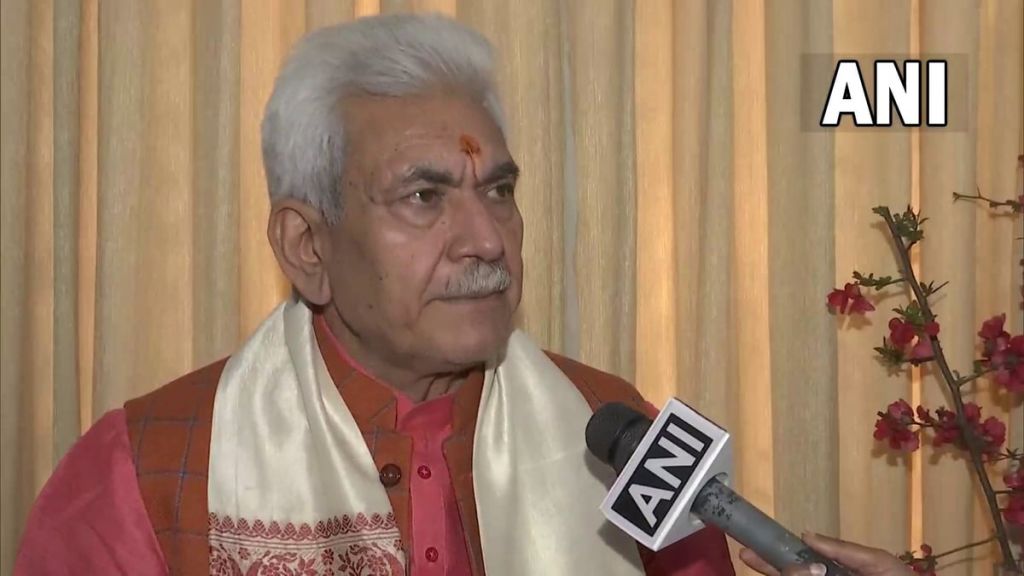
Lieutenant Governor of Jammu and Kashmir Manoj Sinha has rightly stated that his government would strive to restore the full statehood J&K lost in 2019. Of course, he was reading a speech prepared by the National Conference-led government of Omar Abdullah. There is considerable merit in his argument that the recent elections demonstrated that the people did not approve of the state’s division into two Union Territories. Such a division had never happened before. The Central government’s decision to take this step likely stemmed from a fear that public backlash to the abrogation of Article 370 could not be managed without it. Events have shown this to be a misguided decision, as it failed to achieve any result other than exposing the territorial integrity of states to the whims of the government. It neither garnered public support nor earned the goodwill of the international community.
In any case, the state’s division was never considered an option by the Centre, as is evident from all BJP election manifestos, which never mentioned it. Of late, the Centre has been giving indications that it is not averse to restoring full statehood to J&K. To retain public trust in its credibility, it should restore statehood, sooner rather than later. Of course, people seem to have accepted the loss of Article 370, as can be inferred from a recent incident in the House. A People’s Democratic Party legislator successfully moved a resolution denouncing the abrogation of Article 370, only to see it rejected with contempt — suggesting that people now see it as a fait accompli. However, this does not imply they support the move. Restoring statehood would demonstrate the Centre’s commitment to democratic principles and show respect for the aspirations of the people. It would reaffirm that, ultimately, governance should reflect the will of those it serves.